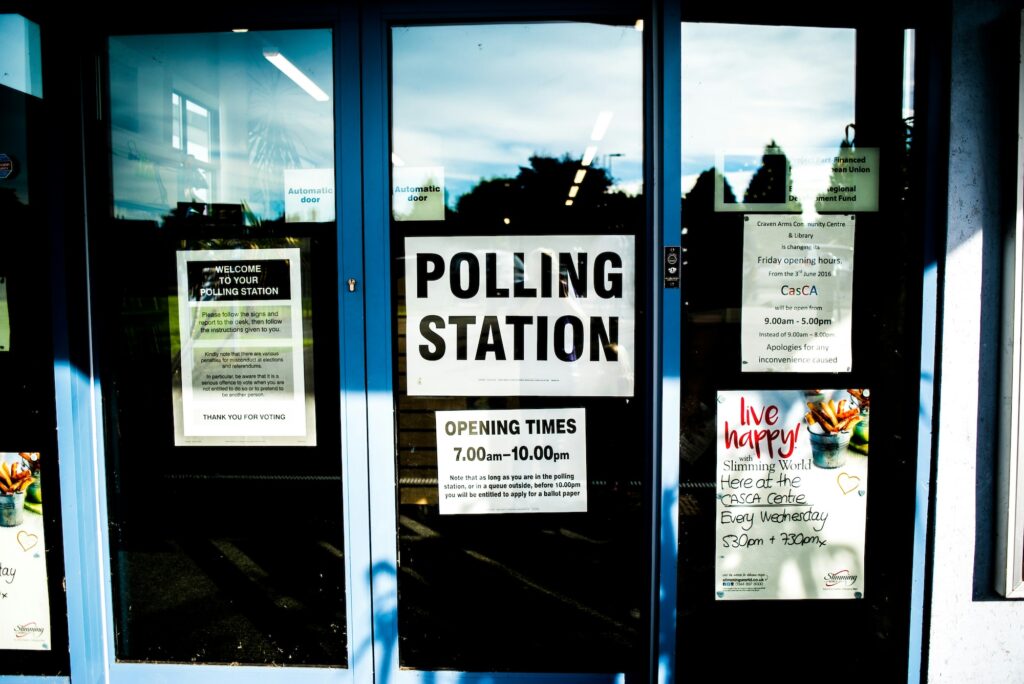Governments now answer to business, not voters. Mainstream parties grow ever harder to distinguish. Is democracy dead?
Last September, Il Partito Democratico, the Italian Democratic Party, asked me to talk about politics and the internet at its summer school in Cortona. Political summer schools are usually pleasant — Cortona is a medieval Tuscan hill town with excellent restaurants — and unexciting. Academics and public intellectuals give talks organised loosely around a theme; in this case, the challenges of ‘communication and democracy’. Young party activists politely listen to our speeches while they wait to do the real business of politics, between sessions and at the evening meals.
This year was different. The Italian Democratic Party, which dominates the country’s left-of-centre politics, knew that it was in trouble. A flamboyant blogger and former comedian named Beppe Grillo had turned his celebrity into an online political force, Il Movimento 5 Stelle (the Five Star Movement), which promised to do well in the national elections. The new party didn’t have any coherent plan beyond sweeping out Old Corruption, but that was enough to bring out the crowds. The Five Star Movement was particularly good at attracting young idealists, the kind of voters who might have been Democrats a decade before.
Worries about this threat spilt over into the summer school. The relationship between communication and democracy suddenly had urgent political implications. The Democratic Party had spent two decades suffering under the former prime minister Silvio Berlusconi’s stranglehold on traditional media. Now it found itself challenged on the left too, by internet-fuelled populists who seemed to be sucking attention and energy away from it.
The keynote speaker at the summer school, the Democratic Party leader and prospective prime minister Pier Luigi Bersani, was in a particularly awkward position. Matteo Renzi, the ‘reformist’ mayor of Florence, had recently challenged Bersani’s leadership, promising the kind of dynamism that would appeal to younger voters. If Bersani wanted to stay on as party leader, he had to win an open primary. The summer school gave him a chance to speak to the activists in training, and try to show that he was still relevant.
Read the full article at aeon.
